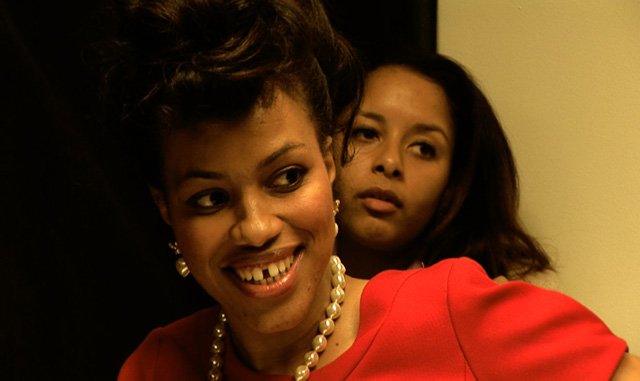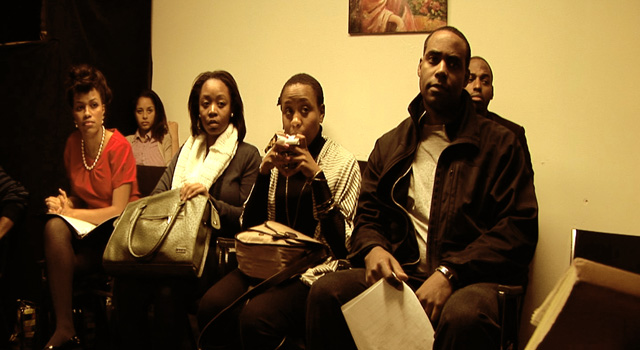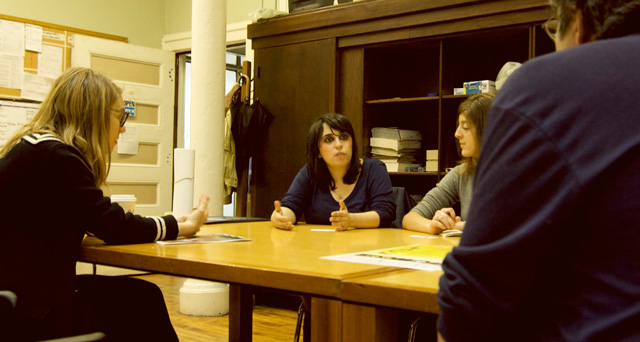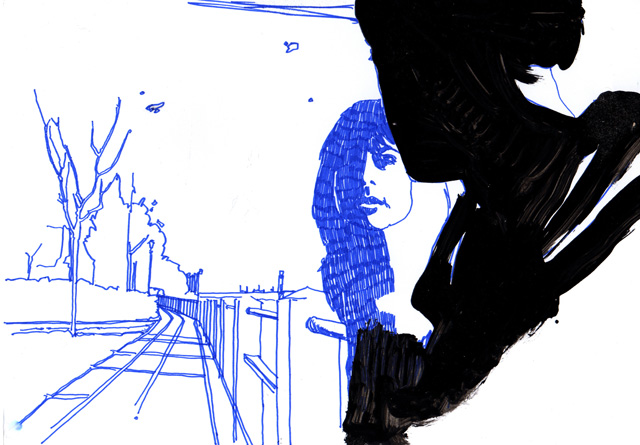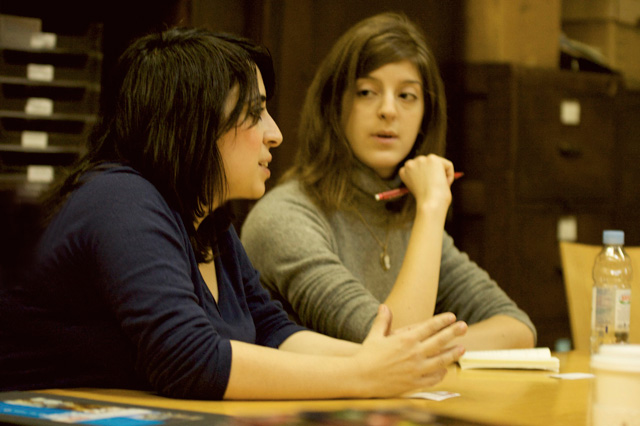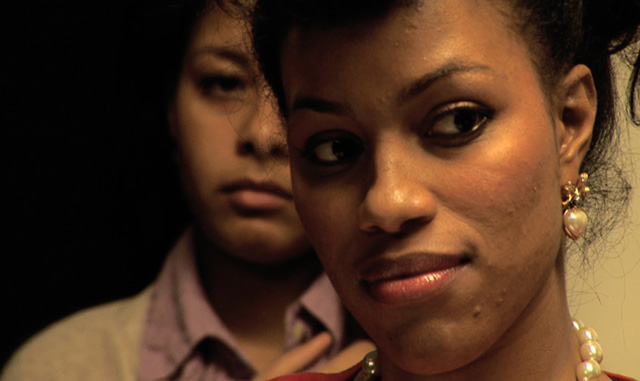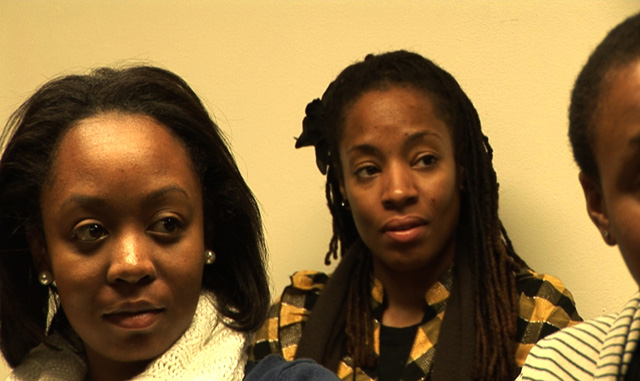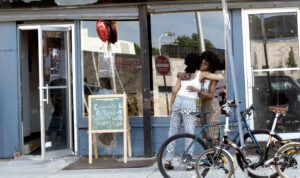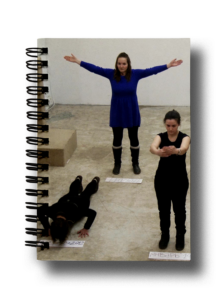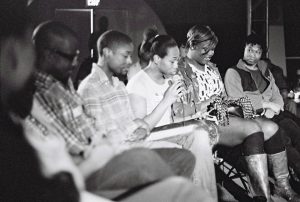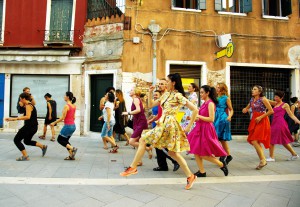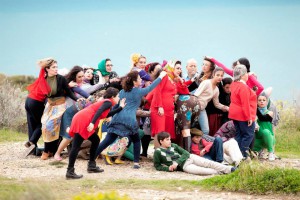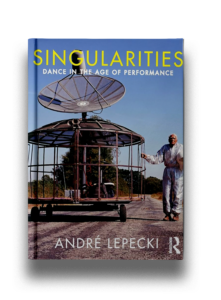Period
2011 - 2014
Proposed by
Alfredo Cramerotti (CPS)
Location
USA
About the project
Rooted in Marinella Senatore’s engagement with collaboration, Jammin’ Drama Project was a participatory-based project that aimed at bringing together different communities: residents of Harlem, NYC, ranging from age eight to seventy and including people of American, African-American, Hispanic, and European descent, among others.
The collaboration emerged between participants, who wrote and recorded a radio drama, in many senses mirrored by the ways that the members of the community lived together while maintaining cultural identity and shared unity. The richness of the Harlem community was apparent as the participants from African-American and Hispanic communities worked together on the same project, to which they brought their own unique cultural perspectives and collaborated democratically.
Usually, in Senatore’s works, the public is involved as a co-writer, actor, set designer, camera operator, or director, working together in an atmosphere of an ongoing laboratory, in contact with the contents they find in their environment and according to the level of involvement they wanted. The narrative result from the interplay between fact and fiction, history, and chronicle; in such sense, her work fosters the construction of an archive of shared narratives that creates a sense of community.
Jammin’ Drama Project was a platform for each participant to share experiences and time, learn and cultivate new skills and technical practice, fostering a process of identification and engagement. By only working with two professional actors and some student amateur crew members, there was the opportunity for collective growth and interchange, with participants gaining confidence and pride as they witnessed the outcome of their efforts when, for example, their screenplay was incarnated and performed by the actors.
Jammin’ Drama Project was a participatory project involving over 450 members of the Hispanic, African-American, and other communities in Harlem, NYC. From their preliminary meetings in January and February 2011 with various groups, including poetry clubs, rappers, neighbourhood associations, African-American and Hispanic women’s associations, and over 400 citizens interested in taking part in the Project, their work developed an outline for a radio drama structured in 4 chapters and recorded live, in front of the participants who wrote the screenplay.
The set was located in the neighbourhood, while the play, recorded, and edited daily, was presented there and in art spaces, thus connecting geographically and contextually different places. The completed form of the radio drama was a non-conventional mix of sound elements with an emphasis on the process and not only on a finished ‘story’ since, in the making of the play, all workshop processes were also recorded as potential sound elements for the final edition. The artist provided a small troupe, a set, and two actors and was responsible for recording. The participants were involved in writing the radio drama and directing it.
Different perspectives for watching the events, the independent eye movements of the actors highlighted the different stories as divided and viewed from different angles, and the emphasis on moral and social issues through the conduct of characters resulted in a collage of places, figures, and landscapes, linked to their histories and contexts.
A small crew of amateur citizens (high school students) carried out the recording in an atmosphere of an ongoing workshop based on self-training and self-cultivation, ensuring dialogue between different groups.
External links
About the artist
Trained in music, fine arts and film, her practice is characterized by public participation, initiating a dialogue between history, culture and social structures. Rethinking the role of the artist as author and the public as recipient, Senatore’s work merges forms of protest, learning theatre, oral histories, vernacular forms, protest dance and music, public ceremonies, civil rituals and mass events, reflecting on the political nature of collective formations and their impact on the social history of places and communities.
